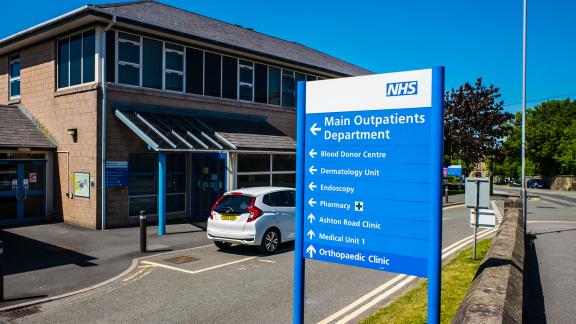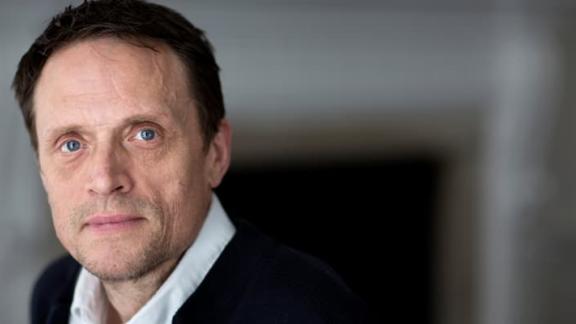NHS Confederation responds to elective recovery plan

Responding to the release of the elective recovery plan for the NHS in England, Matthew Taylor, chief executive of the NHS Confederation, said:
“NHS leaders are already working flat out to tackle the backlog of care for routine operations and other planned care that has built up, including by carrying out 1.3 million consultant-led treatments nationally in a single month. This plan is needed and will give further support to NHS leaders and their teams in what is a huge challenge.
“The targets for elective recovery are in line with what NHS leaders were expecting. We have been concerned about the potential for new, politically-driven targets but are pleased to see that the final version of the plan is clear in its asks of the NHS. Local clinical judgement will continue to remain vital, particularly as length of wait does not always mean greatest clinical need.
“However, the single biggest barrier to stopping this plan from being achieved is the absence of a fully costed workforce strategy. The NHS is committed to an ambitious reform agenda and in delivering value for money to the taxpayer but the backlog of long waits will not be cleared by March 2025 and it will be impossible to carry out 9 million more tests and checks if there are not the right number and mix of staff in place.
“The plans’ expansion of surgical hubs and community diagnostic centres is particularly welcome – this will give patients greater choice about where they can seek treatment, making the best of NHS resources and in providing services closer to their homes. However, big questions remain about how these sites will be staffed.
“Also, NHS leaders know that while six million people are waiting for treatment, there are potentially millions more in need of treatment who have not yet come forward. And we must also remember that today’s plan focuses on the backlog in elective care, but there are significant backlogs of care in other parts of the NHS, including in mental health, community and primary care services. These need urgent focus too.”



